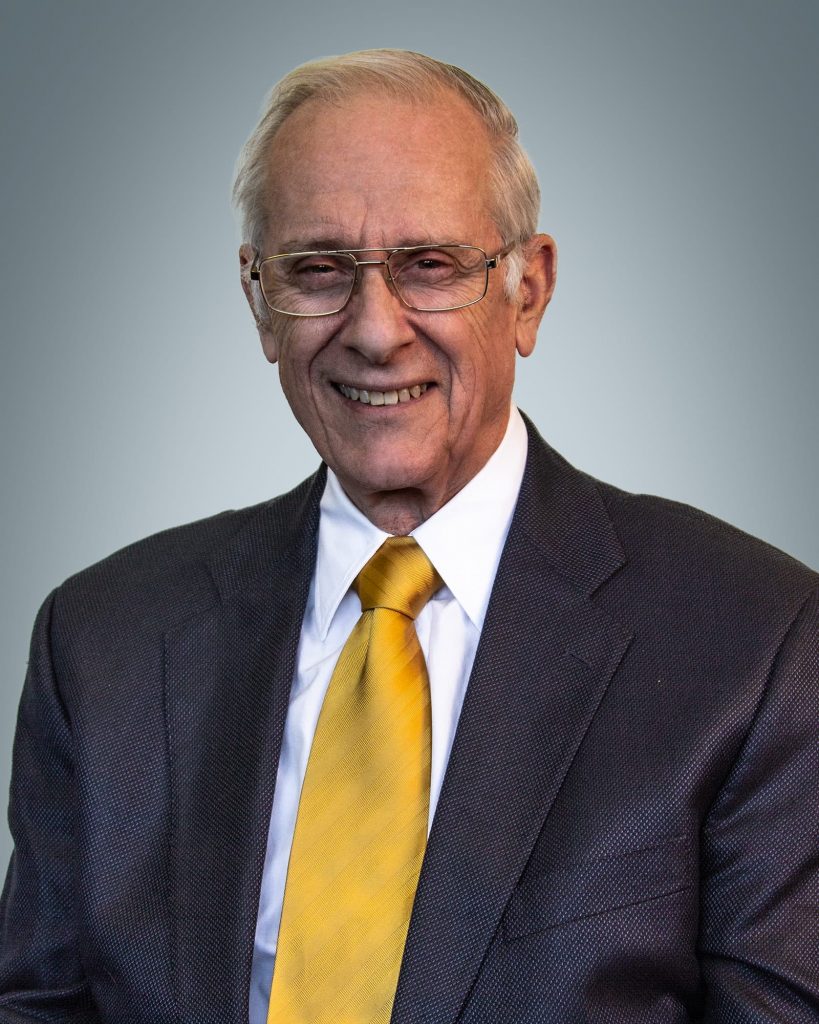Many licensed insolvency trustees advertise in newspapers and on TV that they can “solve” your debt problems. Except in circumstances where small amounts of debt are involved, they should be hired and only after a proper go forward plan has been worked out. In a tax debt situation, the initial planning team typically includes your accountant and an experienced tax lawyer. This view is confirmed by Bennett, the recognized authority on proposals and bankruptcies. It states.
“A licenced insolvency trustee is a representative of boththe debtor and the creditor. The trustee’s role is to gather in the insolvent person’s assets and then to distribute them to the creditors according to the priorities under the Act.”(Bennett on Bankruptcy 12th Edition, page 68)
It is clear from this definition that if the debtor is seeking impartial advice from a licensed insolvency trustee, since the trustee also acts for your creditors, there is a clear conflict of interest. Also, the more assets the trustee collects for the creditors, the bigger his/her fee. As a result, it is often wise to engage your own counsel to assist in planning for a proposal or bankruptcy. Only afteran acceptable plan is worked out, will it be time to engage an insolvency trustee. Such counsel, who only acts for you, then will make sure your interests are protected.
In both a proposal and a bankruptcy, the objective of the Canada Revenue Agency (CRA), as you would expect, is to achieve maximum recovery of the outstanding tax, interest and penalties. The debtor wants to pay less than the full amount due and achieve maximum flexibility as to repayment. If the debtor is in business, another important object is to ensure future operation of the business. The proposed restructuring may involve a reduction of debt, interest and penalties, deferral of payments, liquidation of assets and whatever else seems to make commercial sense to the debtor and the CRA.
HIGH TAX DEBT AND BANKRUPTCY
As a general rule, unless the discharge is opposed, bankrupts with a personal income tax debt of less than $200,000 are eligible for an automatic discharge nine months after the date of the bankruptcy. Bankrupts with a personal income tax debt of over $200,000 where the tax indebtedness is more than 75% or more of all unsecured, proven claims are not so lucky. They do not get this automatic discharge.
A court hearing will take place, either nine months after the date of bankruptcy if the bankrupt was not required to make surplus income payments, or 21 months after the date of bankruptcy if surplus income payments are being made.
You need a lawyer at the hearing because harsh conditional orders are often imposed.
If the debtor was previously bankrupt, the discharge will not take place for 24 months after the date of bankruptcy if the bankrupt was not required to make surplus income payments or 36 months after date of bankruptcy, if the bankrupt was making surplus income payments.
At the discharge hearing, the judge can either refuse yourdischarge, suspend the discharge or require you, as a condition of being discharged, to pay monies, or comply with other terms.
The Bankruptcy and Insolvency Act requires the court to consider a list of factors, including the circumstances at the time the tax debt was incurred, the efforts, if any, made to pay the tax debt, whether the bankrupt made payments in respect of other debts, while failing to make reasonable efforts to pay the tax debt, and the bankrupt’s financial prospects for the future.
A bankrupt can apply to the court one year after an order is made to review the order, if it can be shown that there is no reasonable possibility of compliance.
Handled properly, the insolvency process can give the debtor a needed leg up. Often a judge will give a tax debtor every opportunity to come forward with a reasonable plan to deal with a reduced portion of the tax debt over time and without interest.
© DioGuardi Law
This article provides only an overview and does not constitute legal advice. You are cautioned against making any decisions based on this material alone. Rather, specific legal advice should be obtained in the context of your particular circumstances.



